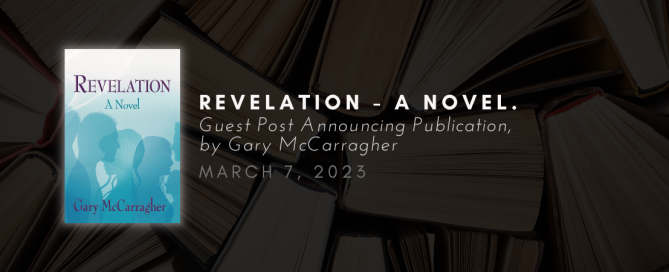Discussions and comments about Bart’s latest book.
Armageddon Has Arrived!
Normally one would not welcome Armageddon with rejoicing, but in this instance .... My book is published today: Armageddon: What the Bible Really Says about the End. Now this is a book that has, in some sense, been in the works for 50 years, since the first time I started pondering the Apocalypse of John as a 17 year old, about to head off to Moody Bible Institute and realizing I better read the final book of the NT -- even though I was scared of it -- before taking the first-year Entrance Exam on the Bible possibly whiffing on a question about Revelation.j It took me a while to start figuring out the book -- say, grad school -- and about five years ago, as I began to study it really intensely, I changed my views of it. Hence the book. For reasons I explain in it, of all the books I've written I think this is the one most relevant for our world at large. And not because I think the apocalypse will [...]

